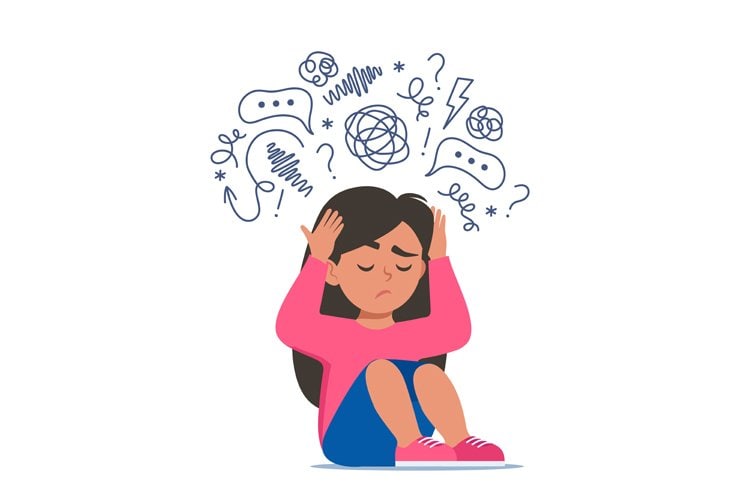Kids and Stress; Symptoms and Strategies

Children experience stress for various reasons, ranging from school expectations and peer pressure to traumatic events. Even positive changes can impact a child’s stress level. Stress can manifest in mood changes, behavior, daily habits, relationships and school performance. Recognizing symptoms of stress and providing support can help reassure and guide them through difficult times.
Not all stress is harmful. Some stress can help children develop resilience and learn how to deal with life's challenges. However, when the stress is continuous or intense, it can take a toll mentally and physically.
Recognizing Stress in Children
Here are some indications that your child might be stressed and in need of extra support:
- Trouble sleeping: Difficulty falling or staying asleep.
- Being withdrawn: Avoiding social interactions or family activities.
- Increased irritability or emotional outbursts: Frequent crying, anger or frustration.
- Headaches or stomachaches: Complaints without a clear medical cause.
- Struggles with school: Declining grades or loss of interest.
- Defiant behaviors: Arguing or rebelling.
Symptoms of stress may vary depending on a child’s age. Younger children may become clingy while older ones become more defiant. Keep an eye out for sudden or drastic changes.
Children are also sensitive to their parents’ stress. If a parent, or both, are going through financial, emotional or work-related issues, it can impact the children even if not openly discussed. Modeling healthy coping skills can positively influence children’s ability to manage their stress.
How to Help a Stressed Child
Here are some strategies to help ease your child’s stress:
- Promote healthy habits such as regular eating and sleeping schedules. Generally, ages 6–10 need 9–12 hours of sleep while teenagers need 8–10 hours.
- Avoid over scheduling to ensure your child has enough time to relax and recharge.
- Encourage fun, enjoyable activities. Physical activities, outdoor play and time with friends can help children manage stress.
- Be aware of triggers. Help your child identify and track stress triggers to find patterns and prevent stress.
- Allow choices. Allowing them choices when appropriate will help them feel more empowered.
- Enlist the help of a teacher. Teachers might notice stress-related issues at school that children don’t share at home.
Spend quality time with your child. Ask how they feel and listen; respond with kindness and offer reassurance. Your attention and affection bolster their self-esteem. If stress symptoms are persistent or, it’s important to seek help from a mental health professional. Together, you can create a toolbox of coping skills that will last a lifetime.
Sources
Nauman Khan, M.D., is a child and adolescent physiatrist at MyMichigan Medical Center Midland.